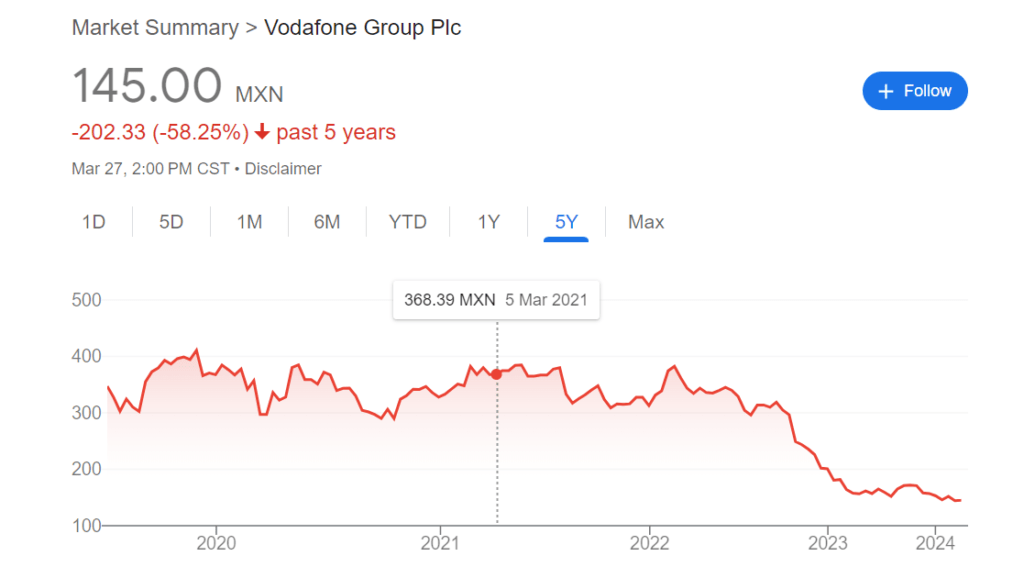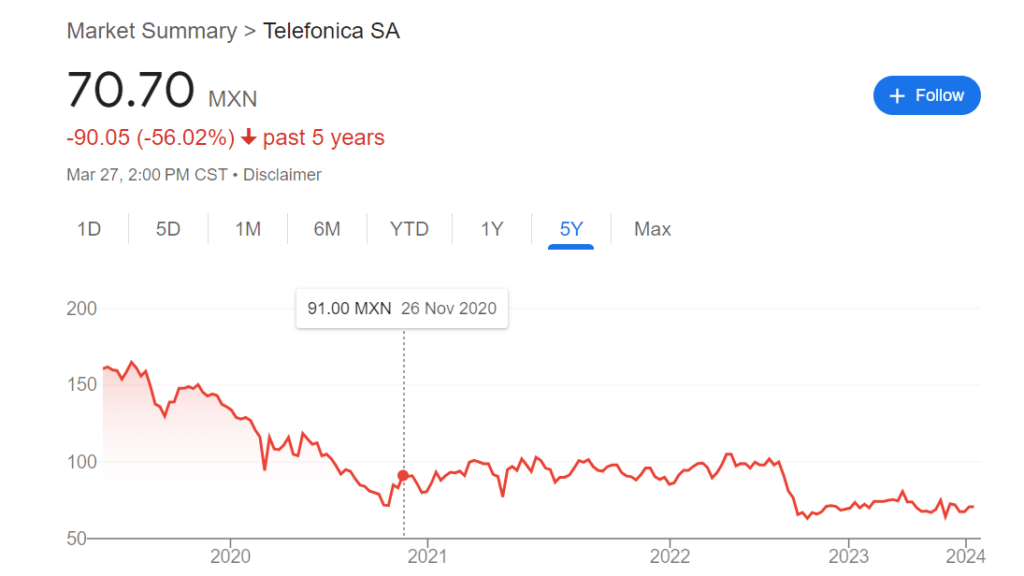Telcos needing to pivot to becoming techcos, is not a new idea Sebastian Barros admits, but this time however, telcos have to compete with the likes of Google, NVIDIA, Alibaba, and more, while having to stem the downward spiral in telco valuations.
As we navigate through the digital era’s waters, the telecom industry stands at the edge of a transformative shift, one that promises to recast traditional telecom companies into multifaceted tech entities—or techcos. This evolution isn’t just about staying relevant; it’s fundamentally about recalibrating the industry’s valuation metrics in the eyes of a investors that increasingly favors digital innovation over traditional utility services.
Techco Transformation: A financial imperative
The motivation behind this seismic shift is underscored by a stark financial dichotomy: Between 2019 and 2023, while the collective revenue of select tech giants (Alphabet, Alibaba, Amazon, Apple, Meta, Microsoft, and Tencent) surged by an astonishing 80%, the telecom industry’s market capitalization took a 33% dive, despite registering an 8% revenue growth. This divergence not only highlights the burgeoning valuation gap but also serves as a wake up call for telecoms to redefine their market proposition.

Valuations of huge telcos like Vodafone and Telefonica have seen at least 50% dip in the last 5 years.

The Opportunity and the Skills Chasm
The techco paradigm opens a gold mine of opportunities for telecoms. It’s not merely about enhancing operational efficiencies but about unlocking new digital revenues opportunities—AI, cloud services, IoT, and beyond. This strategic pivot promises not only to diversify revenue streams but to significantly amplify valuation metrics, drawing investor interest back to an industry in dire need of revitalization.
However, ambitions for techco transformation are up against a huge barrier: a glaring skills gap. Presently, critical skills such as AI, Cybersecurity, Cloud among others account for a meager 14% of the total telecom workforce, in stark contrast to the 31% representation within 100% tech companies.

Image by Olly
This disparity isn’t just a hurdle; it’s a chasm that telecoms must bridge to realize their techco aspirations. It signifies a pressing need for a cultural and educational overhaul within the sector, pivoting towards continuous learning, innovation, and digital fluency.
Looking ahead: A future forged by digital ambition
The journey toward becoming a techco is mired in controversy. Critics argue this transformation could dilute telecoms’ core competencies, suggesting a focus on strengthening foundational services. However, proponents of change argue that evolution is essential for survival in an era where digital services command premium valuations and customer expectations constantly evolve.

Image by Alex Andrews
As telecoms embark on this transformative journey, the road ahead is fraught with both promise and peril. The shift from providing basic connectivity to offering a suite of digital services is not just a strategic repositioning but a bold bet on the future—a future where telecoms are not just valued for their infrastructure but for their innovation and impact on the digital economy.
Evolution is essential for survival in an era where digital services command premium valuations and customer expectations constantly evolve.
This narrative isn’t merely about telecoms chasing higher valuations; it’s about taking the digital leadership in an interconnected world. As we pivot from dial tones to digital domains, the question remains: Will telecoms emerge as the architects of the future digital landscape or remain trap in the valuation vortex?
The answer lies in their ability to embrace change, innovate relentlessly, and redefine what it means to be a telecom in the 21st century.


 Sebastián Barros Elgueta, with over two decades of experience in telecommunications and technology, currently serves as Vice President of Global Customer Unit, for Latin America and Europe of a large telco equipment vendor. His extensive career includes pivotal roles in driving digital transformation, fostering strategic partnerships, and spearheading the development of innovative technology across Asia, Latin America, and Europe. Sebastian also found the time to co-found an AI-powered personal assistant startup called MOCOOW.
Sebastián Barros Elgueta, with over two decades of experience in telecommunications and technology, currently serves as Vice President of Global Customer Unit, for Latin America and Europe of a large telco equipment vendor. His extensive career includes pivotal roles in driving digital transformation, fostering strategic partnerships, and spearheading the development of innovative technology across Asia, Latin America, and Europe. Sebastian also found the time to co-found an AI-powered personal assistant startup called MOCOOW.






